UC Berkeley Sparks Outrage and Controversary for Allegedly Banning White People from Community Farm
UC Berkeley is under scrutiny for allegations suggesting that white people are banned from Gill Tract Farm on Saturdays.
This decision has sparked a debate about systemic racism within university policies. Gill Tract Farm, in partnership with UC Berkeley since 2013, aims to support urban farming research and the food justice movement. However, the recent policy has been criticized for discriminating based on race, marking a contentious turn in the university’s efforts to foster inclusivity.
Introduction to Gill Tract Farm
Gill Tract Farm, a collaborative effort with UC Berkeley since 2013, serves as a hub for urban agriculture research and the food justice movement. It aims to provide nutritious food to local communities and offer educational opportunities on sustainable farming practices.

Source: UC Berkeley
This partnership reflects the university’s commitment to social justice and environmental stewardship.
The Food Justice Movement Explained
The food justice movement seeks equitable access to healthy food for all (via The I Will Projects), focusing on communities disproportionately affected by food insecurity.

Source: Freepik
Gill Tract Farm embodies this mission by addressing systemic barriers in the food system, thereby supporting both local communities and environmental sustainability through its practices.
Title VI and Educational Institutions
According to the U.S. Department of Justice, Title VI of the Civil Rights Act of 1964 prohibits discrimination on the basis of race, color, or national origin in programs receiving federal funding.

Source: Alexander Grey/Unsplash
This foundational law ensures educational institutions like UC Berkeley are held to strict standards regarding inclusivity and equal access.
Legal Foundation Files Complaint Against UC Berkeley
The Mountain States Legal Foundation filed a complaint with the US Department of Education against UC Berkeley, accusing the institution of excluding white individuals from Gill Tract Farm on Saturdays.
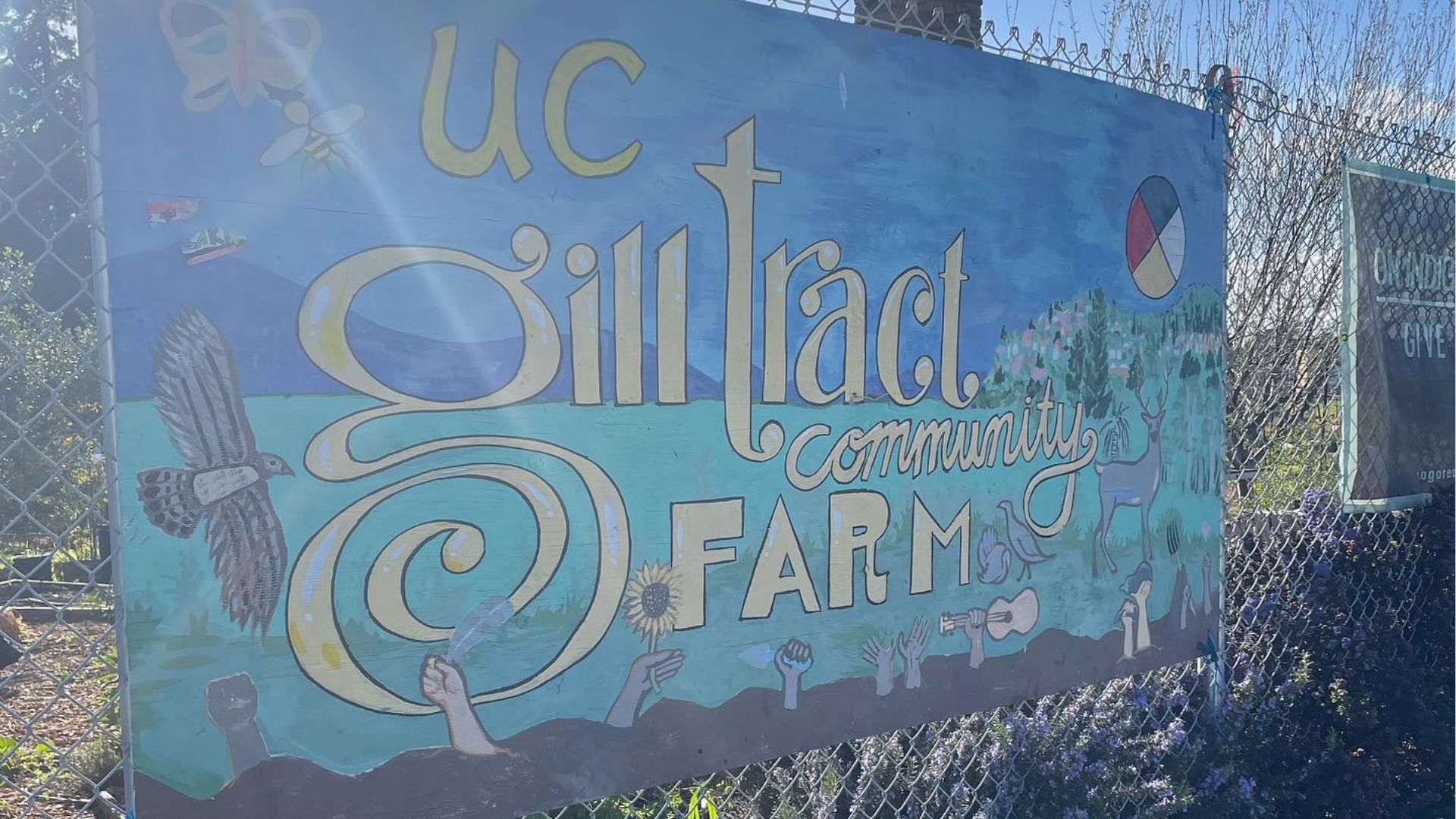
Source: Gill Tract Farm Coalition/Facebook
William Trachman, general counsel for the foundation, condemned the policy, stating, “UC-Berkeley thinks that racial segregation is progressive now, but it’s no different than segregation of the past.”
Details of the Mountain States Legal Foundation Complaint
The Mountain States Legal Foundation’s complaint to the US Department of Education accuses UC Berkeley of racially discriminatory practices by limiting access to Gill Tract Farm.

Source: Taha Samet Arslan/Pexels
This case highlights the tension between creating inclusive spaces and adhering to anti-discrimination laws.
BIPOC Safe Spaces: Purpose and Perspectives
Creating safe spaces for BIPOC individuals at Gill Tract Farm was intended to foster a sense of belonging and safety.

Source: Andrea Piacquadio/Pexels
Supporters argue these spaces are essential for healing and empowerment within historically marginalized communities, amidst ongoing systemic inequalities.
University's Response to the Allegations
Upon being informed of the discrimination complaint by the media, UC Berkeley expressed surprise and pledged to conduct a thorough investigation.
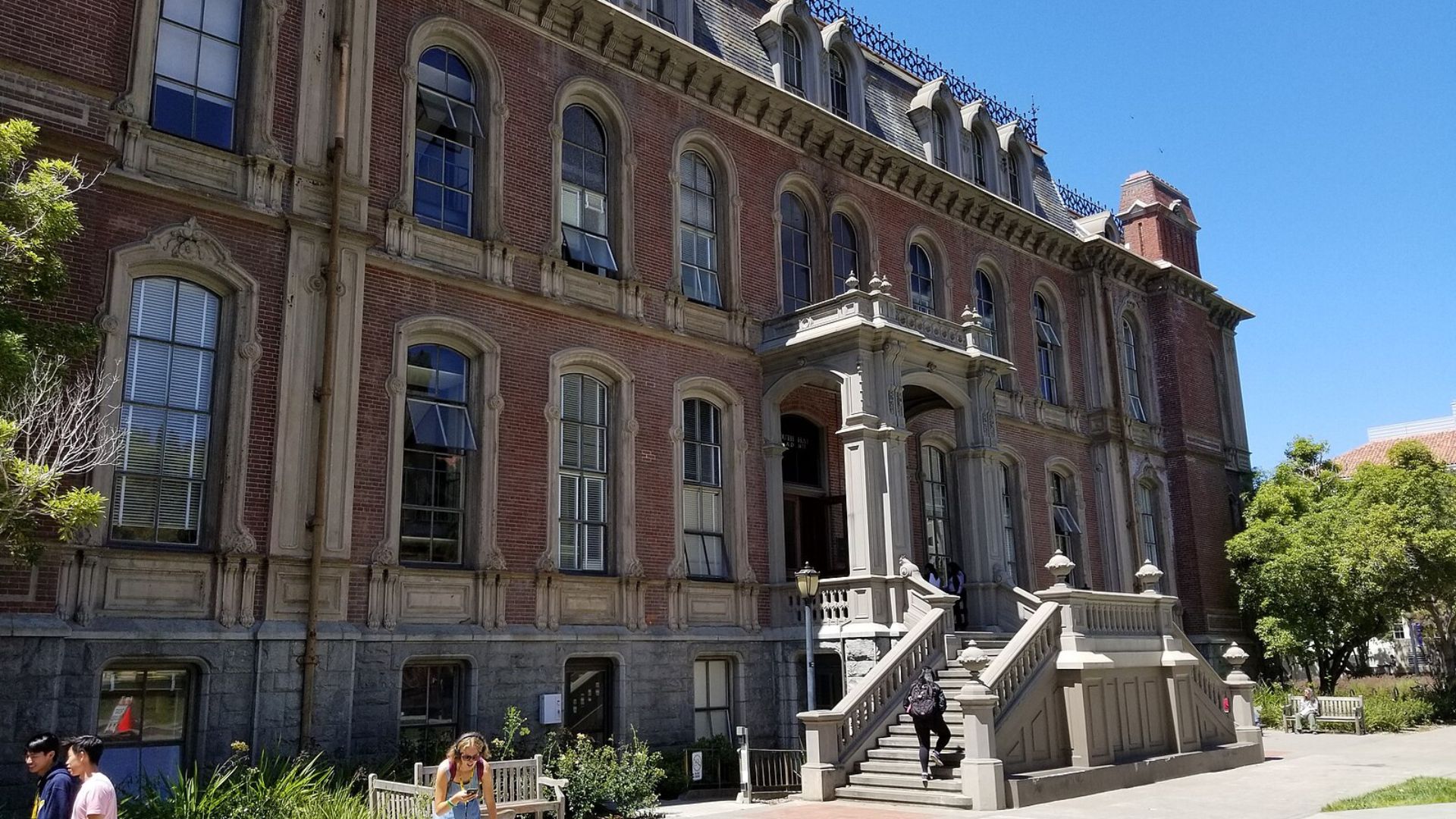
Source: Wikimedia Commons
A spokesperson for the university, Dan Mogulof, stated, “The Gill Tract’s website and calendar make no mention whatsoever of any program or activity of the sort described in the complaint.”
Commitment to transparency
UC Berkeley’s immediate response emphasized surprise at the allegations and a commitment to a thorough investigation.

Source: Agence Olloweb/Unsplash
The university stressed its dedication to fostering an inclusive environment, underscoring the importance of understanding the full context of the complaints made.
The Policy's Intent and Backlash
The controversial policy intended to create a “safe and sacred space” for BIPOC individuals, restricting access for others only on Saturdays.

Source: Source: Gill Tract Farm Coalition/Facebook
This approach has led to a significant backlash, with critics arguing that it promotes segregation rather than inclusivity. The policy’s implications have raised legal and ethical questions about the balance between creating supportive environments and ensuring equal access for all community members.
Historical Context of Segregation in Education
The United States has a complex history of segregation and discrimination in education (via the Organization of American Historians), making current debates on race-conscious policies particularly important.

Source: Reddit
Understanding this history is crucial to grasping the sensitivities around policies that may appear exclusionary, even when aimed at supporting marginalized groups.
The Broader Context of Race-Conscious Policies
This incident at Gill Tract Farm is not isolated but reflects a broader debate on race-conscious policies across educational institutions.
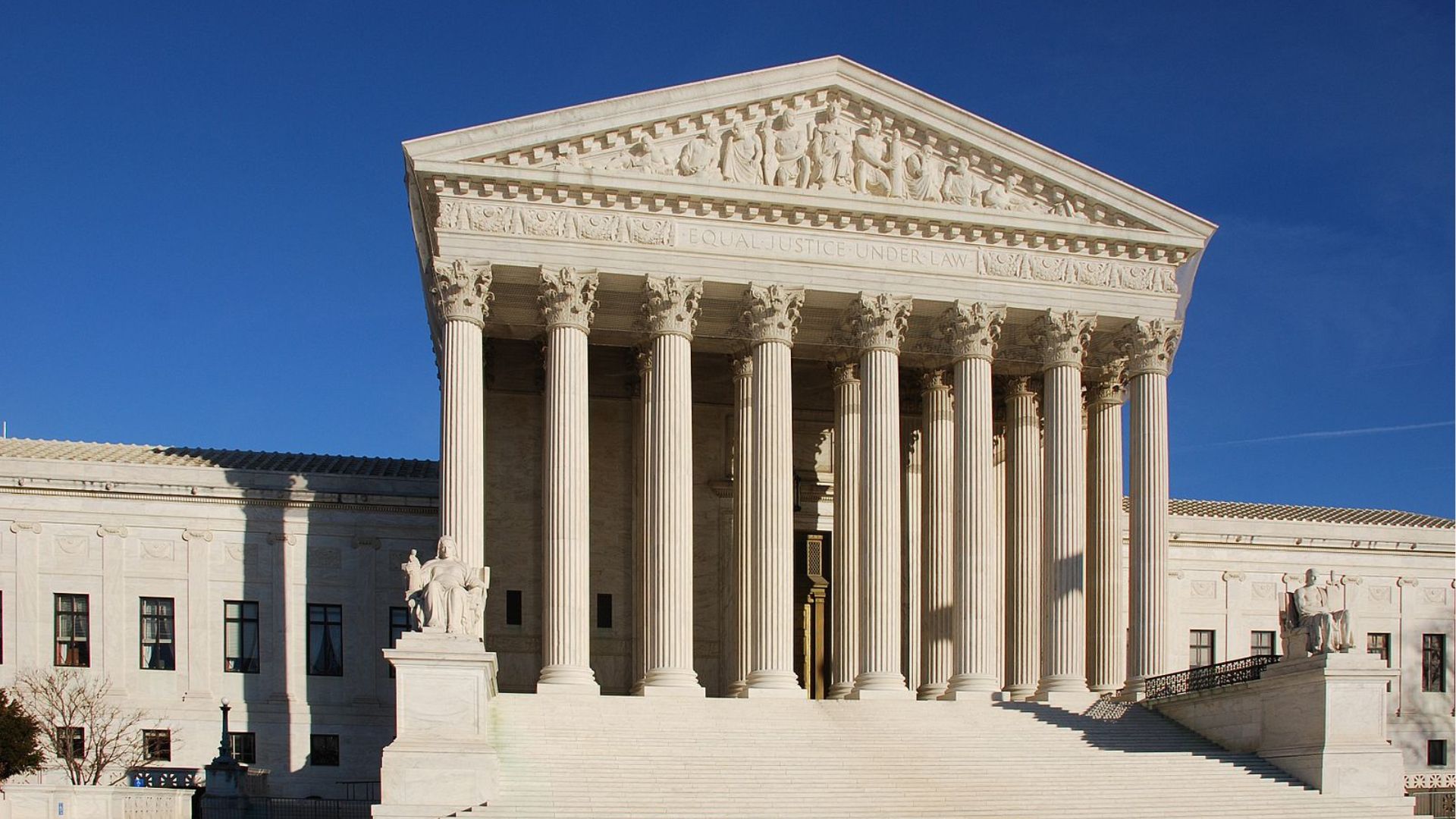
Source: Wikimedia Commons
With the US Supreme Court ruling against affirmative action in college admissions, such policies are under increased scrutiny. The controversy highlights the challenges institutions face in promoting diversity, equity, and inclusion while adhering to legal standards against discrimination.
Legal and Ethical Considerations of Exclusionary Policies
The controversy raises significant legal and ethical questions about the balance between fostering safe spaces and ensuring non-discrimination.

Source: Freepik
Critics argue that policies excluding certain races, even temporarily, could set a precarious legal precedent and undermine broader inclusivity efforts (via Education Week).
Prior Controversies Surrounding UC Berkeley
UC Berkeley has previously faced similar controversies, notably with the “Person of Color Theme House.”

Source: Jeremy Huang/Unsplash
This off-campus co-op was criticized for policies that restricted white guests from common areas, sparking a debate over the balance between creating safe spaces for marginalized students and upholding principles of inclusivity and non-discrimination.
Community and Student Reactions
The Gill Tract Farm policy has elicited a broad spectrum of reactions from the UC Berkeley community.

Source: Sam Balye/Unsplash
Some students and faculty members support the intention behind creating a BIPOC-exclusive space, while others express concerns about its implications for campus inclusivity and unity.
Reaction to the Co-op's Policies
The revelation of the co-op’s policies through social media leaks prompted widespread outrage, with many labeling the rules as “racist.”
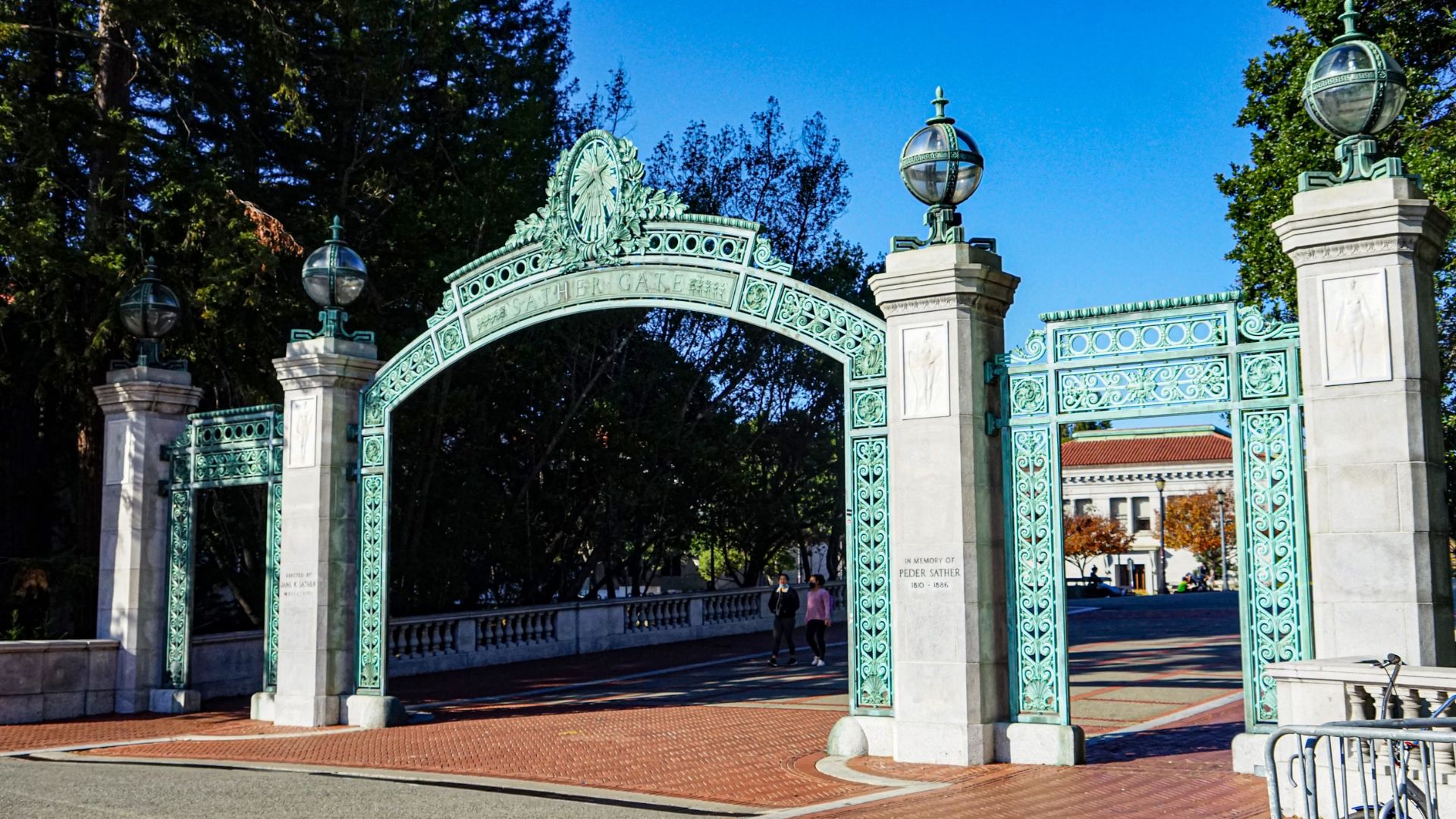
Source: Jeremy Huang/Unsplash
The incident fueled a broader discussion on the appropriateness of such exclusionary policies within the context of university-affiliated housing and the impact on community dynamics.
University's Clarification on the Co-op Controversy
In response to the controversy surrounding the “Person of Color Theme House,” UC Berkeley clarified that the housing is not campus-operated and, therefore, outside its jurisdiction.
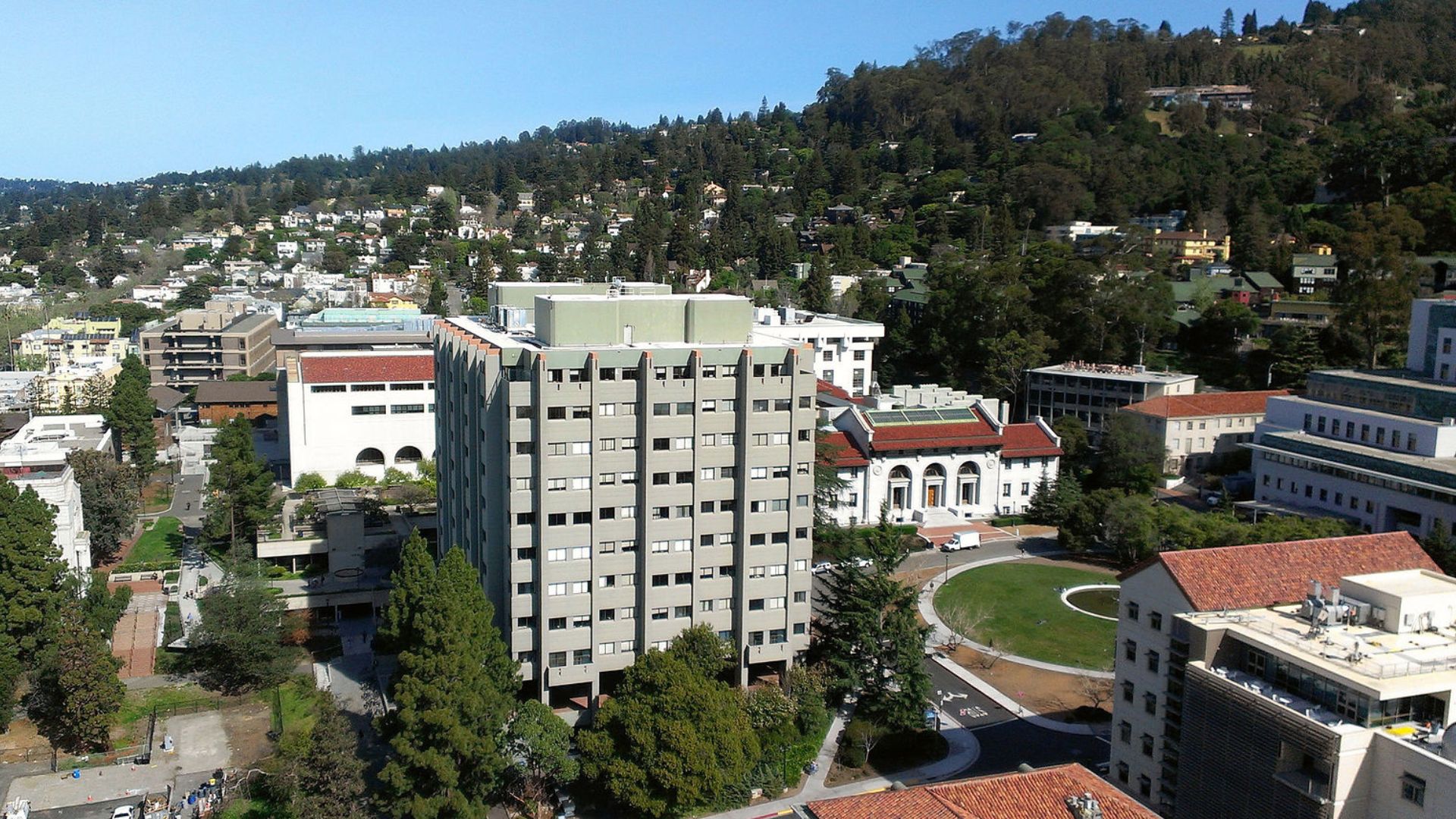
Source: Wikimedia Commons
Janet Gilmore, Senior Director of Strategic Communications at UC Berkeley, stated that campus-affiliated housing does not discriminate based on race, consistent with UC and campus policy.
Legal Implications of the Farm's Saturday Policy
The allegations against UC Berkeley’s Gill Tract Farm Saturday policy have brought attention to the legal ramifications of race-based exclusions in educational settings.

Source: Janet Ganbold/Unsplash
Critics argue that such policies violate Title VI, which prohibits discrimination on the basis of race in programs receiving federal assistance.
Exploring Alternatives to Exclusionary Practices
Exploring alternatives to exclusionary practices is vital for universities aiming to support marginalized communities without infringing on inclusivity.

Source: Tima Miroshnichenko/Pexels
Options could include targeted programs that enhance access and participation without restricting others, fostering an environment where all community members feel valued.
Impact on UC Berkeley's DEI Efforts
This controversy may significantly impact UC Berkeley’s future Diversity, Equity, and Inclusion (DEI) initiatives.

Source: Freepik
The university must navigate these challenges carefully, ensuring that efforts to support one group do not inadvertently alienate another, thus reinforcing the commitment to inclusivity.
Community Response and the Need for Dialogue
The controversy has sparked a community response, calling for a reassessment of how universities approach inclusivity and diversity.
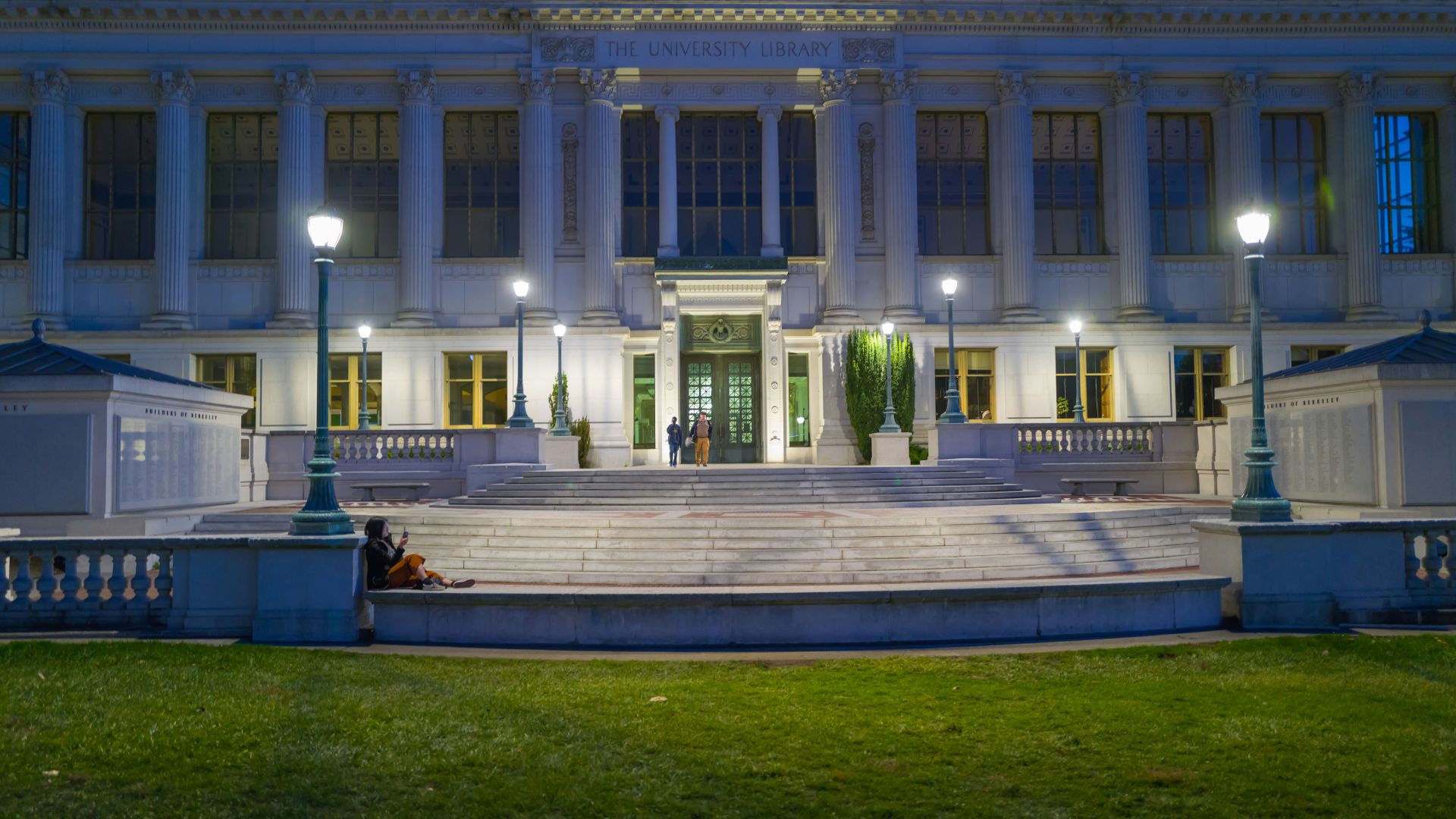
Source: Georg Eiermann/Unsplash
It has opened up a dialogue on finding ways to support marginalized groups while ensuring that policies do not inadvertently exclude or discriminate against others based on race.
UC Berkeley's Next Steps
In the wake of the allegations, UC Berkeley has committed to investigating the claims and reviewing its policies to ensure they align with principles of equity and inclusivity.
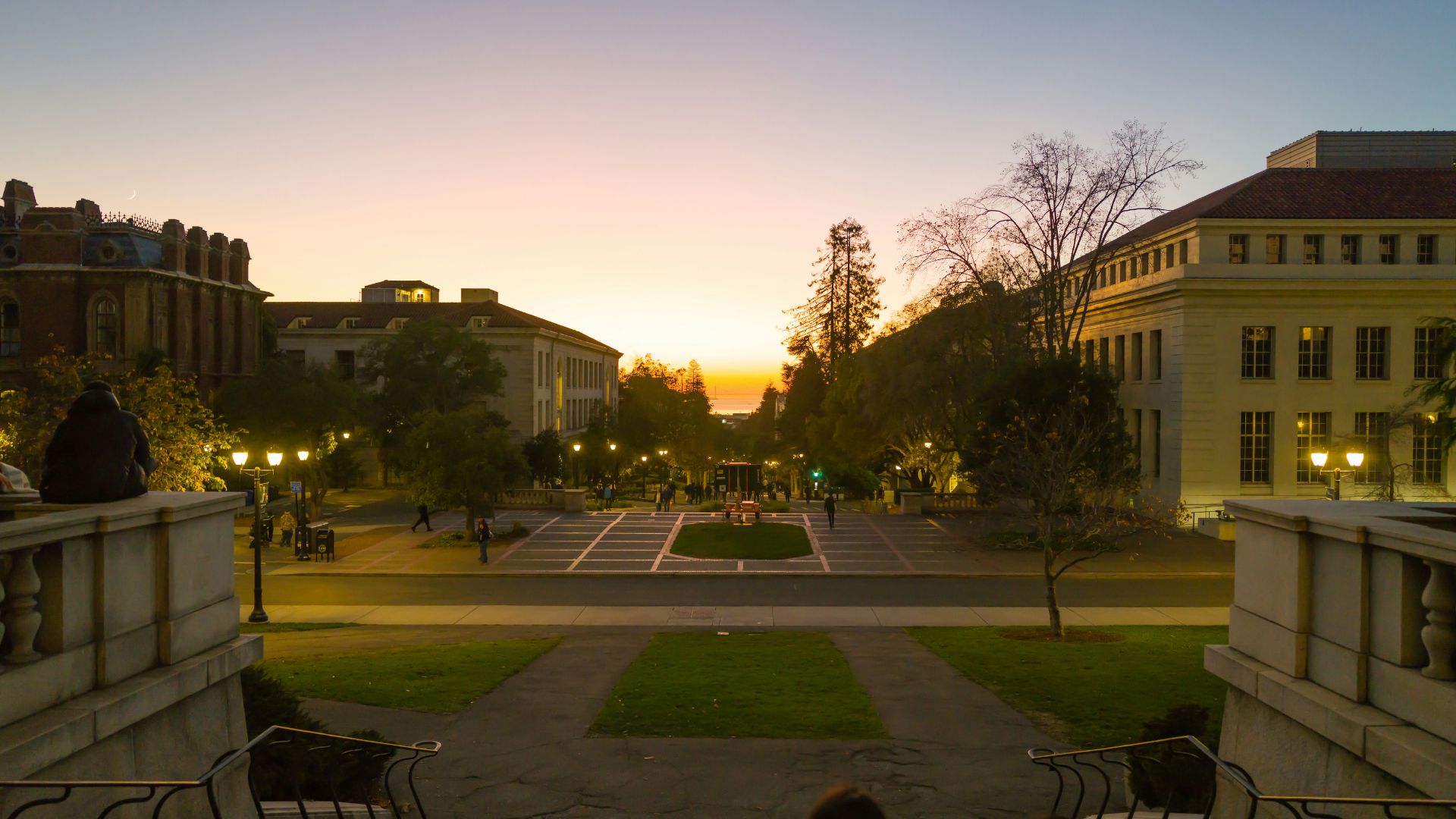
Source: Georg Eiermann/Unsplash
The university’s actions in response to this controversy will be closely watched, as they could set precedents for how educational institutions address similar challenges in the future.
Call to Action: Navigating Forward
As UC Berkeley navigates the controversy, it’s crucial to engage in dialogue, review policies, and reaffirm commitments to equity and inclusivity.

Source: Sora Shimazaki/Unsplash
The university should consider the broader implications of its actions, striving to create an environment that supports all members equitably.
Reflecting on the Future of Inclusivity in Education
As UC Berkeley addresses the fallout from the Gill Tract Farm controversy, the broader conversation continues about how best to achieve inclusivity in educational settings.

Source: Georg Eiermann/Unsplash
The situation illustrates the complexity of implementing policies that aim to support marginalized communities without infringing on the rights of others, a challenge that remains at the forefront of educational discourse.
